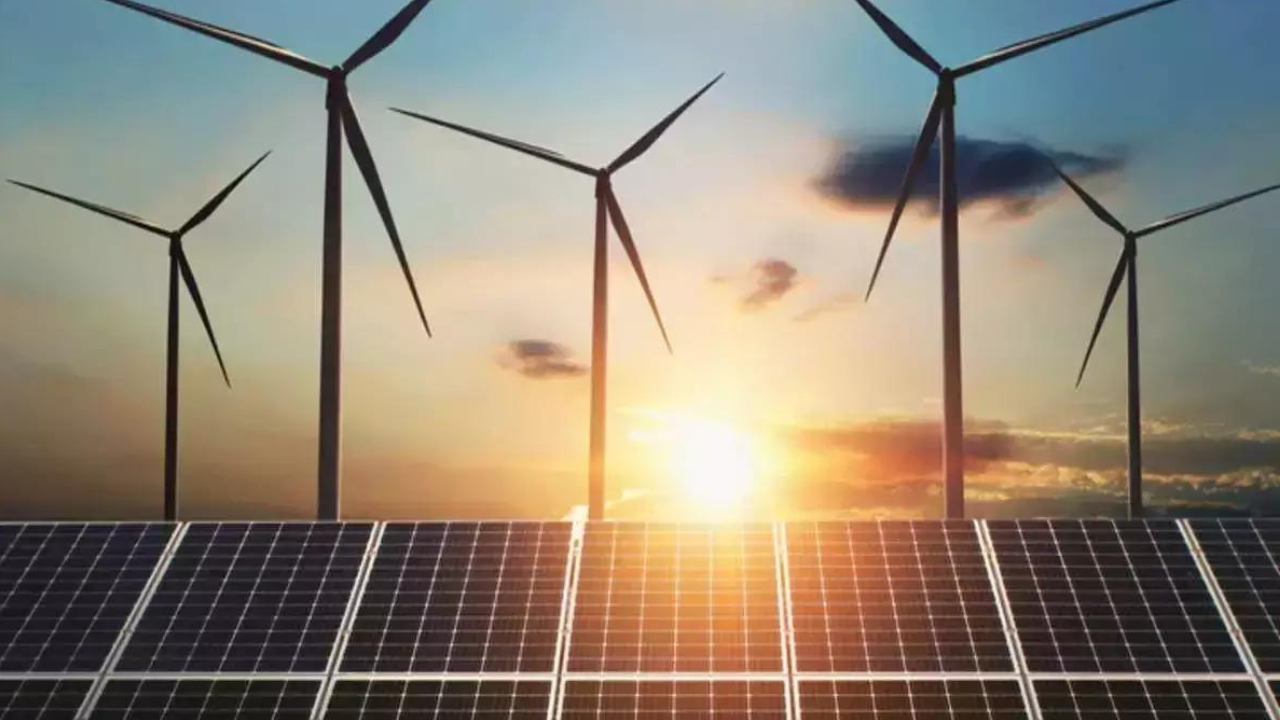[ad_1]
The Carbon Border Adjustment Mechanism (CBAM), which kicks in from January 2026, could result in an additional burden of at least 8-9% on certain products, with the levy likely to be as high as 25-30% in certain other categories. The tax will negate any benefits that may accrue to India from the free trade agreement (FTA) with the trading bloc that is currently under discussion.
The tax – which India is contesting at the World Trade Organisation (WTO), as well as bilaterally – is seen to be violating global treaties and had even been questioned at CO. BRICS nations and other developing countries have also voiced their concerns against the move with the government looking to actively counter it.
While the environment ministry and the power ministry are working on issues to address some of them domestically, the commerce department and the finance ministry have held consultations to assess the overall impact on the Indian economy and also examine the option to impose some sort of a tax on certain segments of imports, including luxury products with high carbon content, government sources told TOI.
They added that the discussions are preliminary in nature and the issue is being looked at, with no decision taken at the moment. If imposed, it will target goods from developed countries, which are seen to be arming themselves with CBAM.
Besides, the government wants to ensure that the levy does not impose any burden on Indian industry or businesses as a massive infrastructure rollout is planned in the coming decades for India to catch up. As a result, if the government decides to go ahead with the plan, the products will be identified carefully, after examining the impact on the overall economy.
But the government is clear that the move by the EU is unfair and imposes a burden on developing countries, without factoring in the fact that the developed countries were large emitters and are responsible for climate change.
The discussion around CBAM comes at a time when the WTO itself is pushing to be a platform for talks on trade and climate change, something that developing countries are opposing.
[ad_2]
Source link











More Stories
India’S Growth Forecast: S&P ups India’s FY’24 growth forecast to 6.4% on robust domestic momentum
India to remain fastest-growing major economy, but demand uneven: Poll
Jack Ma: Jack Ma gets back into business with ‘Ma’s Kitchen Food’